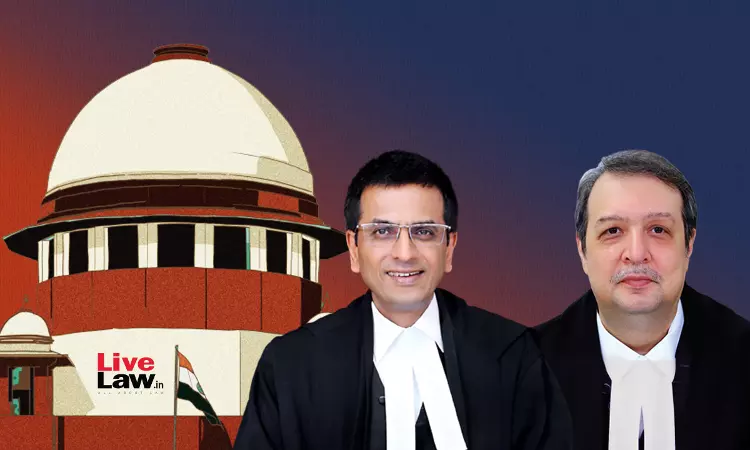The Supreme Court recently reiterated that no protection should be given to persons who secure public employment through false caste certificates. The Court set aside a judgment of the Orissa High Court which directed a public authority to consider reinstating an employee, who was found to have obtained employment in reserved post on the basis of a false certificate(Bhubaneswar...

